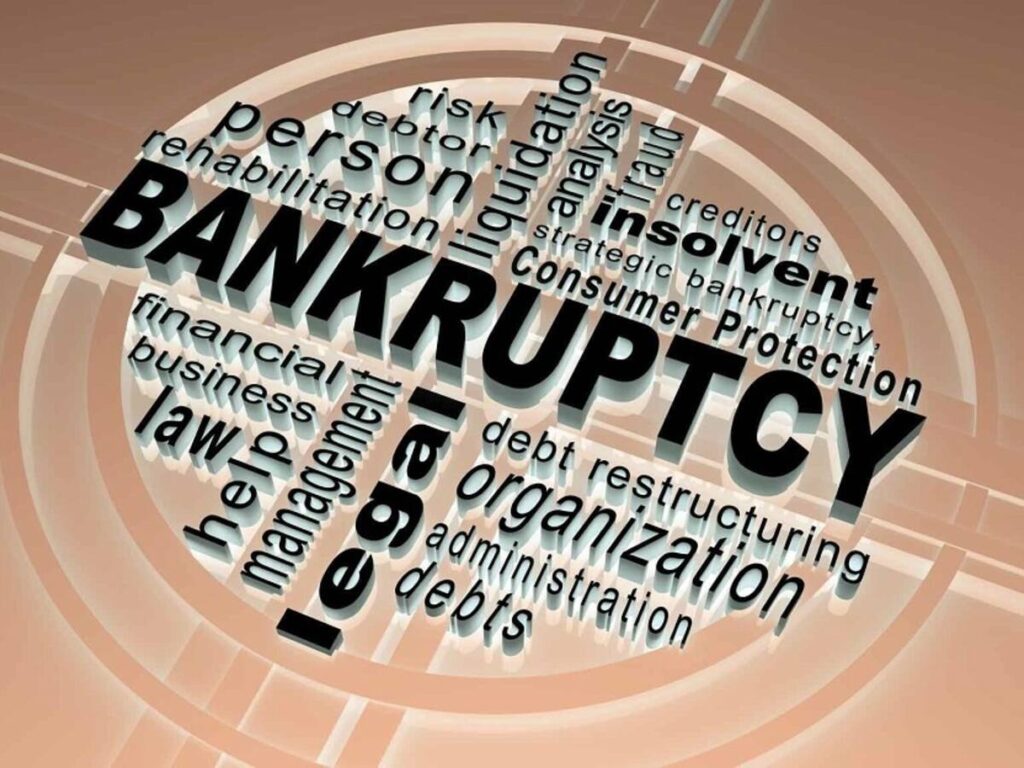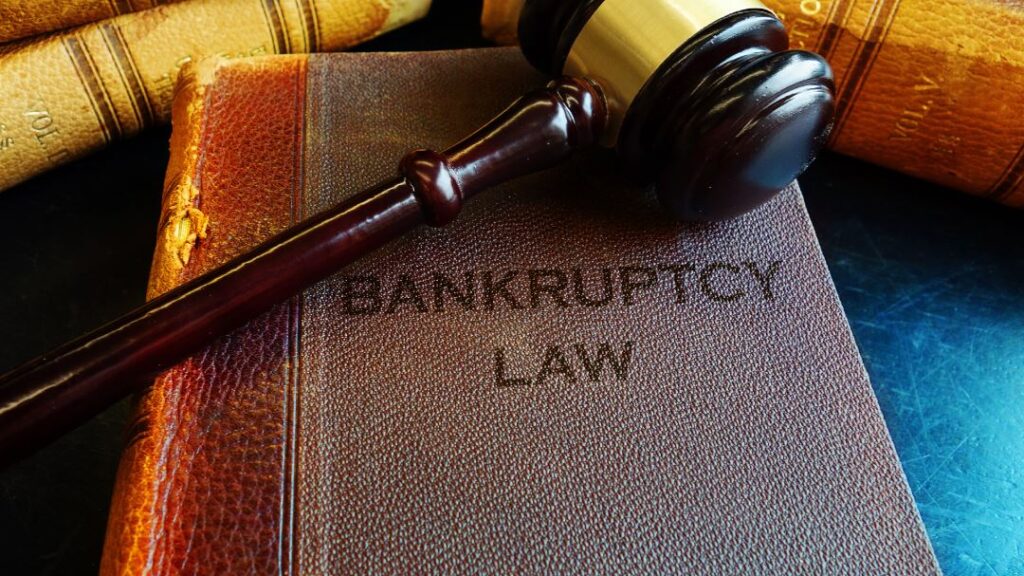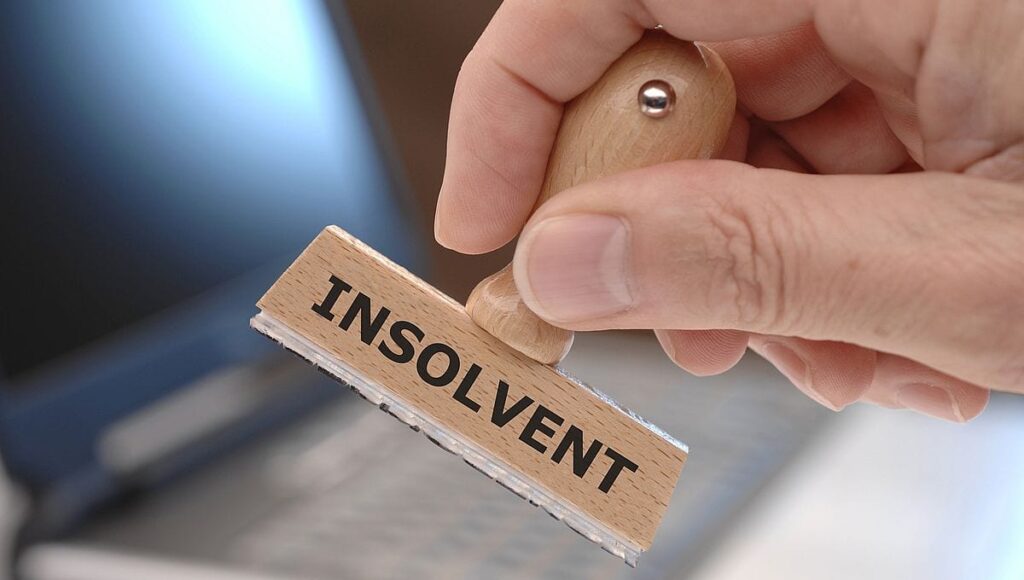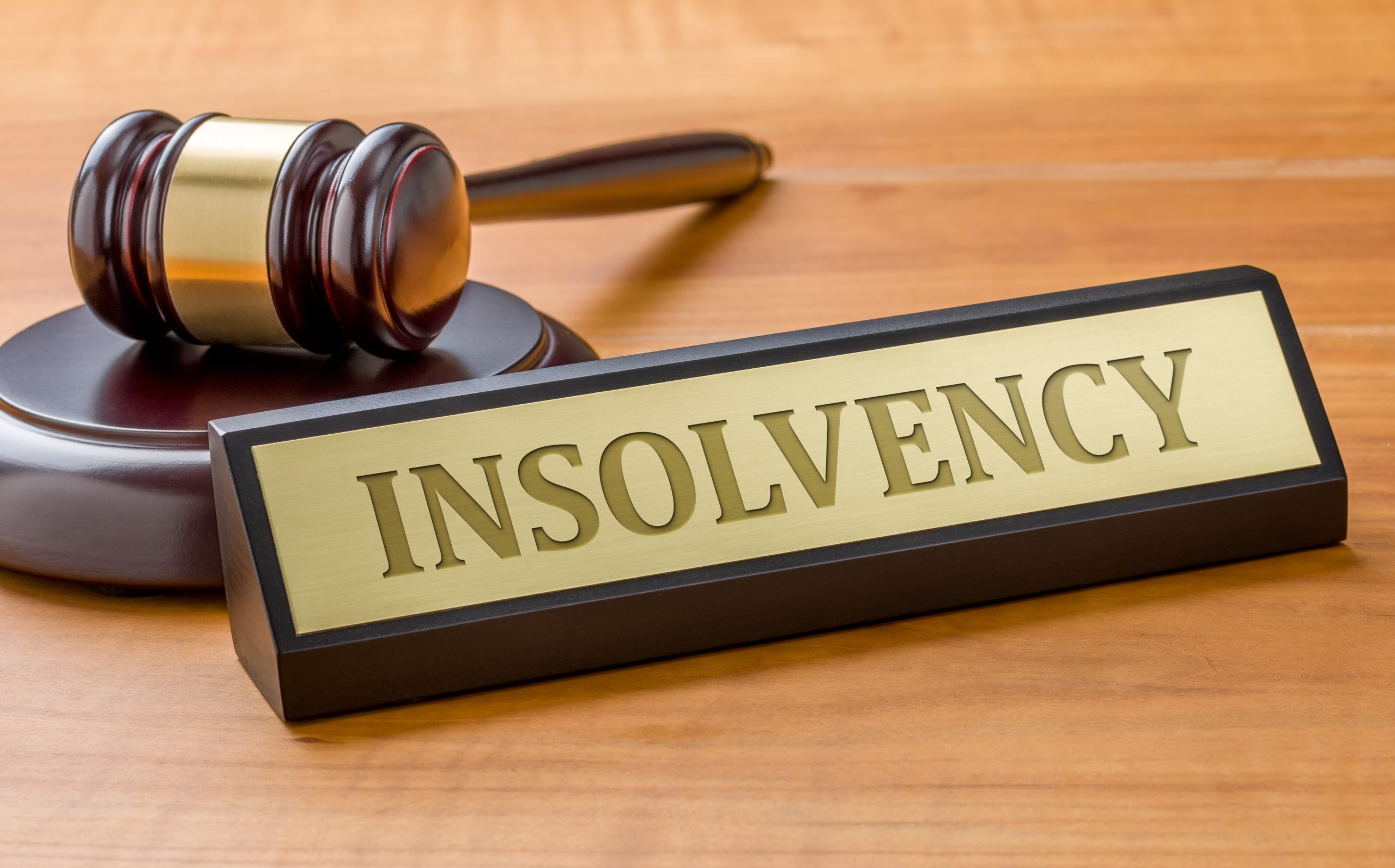In a world where financial difficulties can arise unexpectedly, finding the right insolvency lawyer to guide you through the legal proceedings is crucial. Insolvency law is complex and navigating the process alone can be overwhelming. That’s why it’s essential to choose an insolvency lawyer who is knowledgeable, experienced, and trustworthy.
Understanding Insolvency Law
Before delving into the factors you should consider when selecting an insolvency lawyer, it’s important to understand what insolvency law entails. Insolvency law is a branch of law that deals with individuals or businesses that are unable to pay off their debts. It provides a legal framework for resolving financial crises and ensuring the fair distribution of assets among creditors.
Insolvency law encompasses a wide range of legal principles and procedures that are designed to address the complex issues that arise when individuals or businesses are facing financial difficulties. It covers various forms of insolvency, including personal bankruptcy, corporate insolvency, and liquidation.
When facing insolvency, it’s crucial to have a lawyer who understands the intricacies of this specialized field. They should be well-versed in relevant legislation, such as bankruptcy law or corporate insolvency law, depending on your specific situation.

The Role of an Insolvency Lawyer
An insolvency lawyer plays a pivotal role in guiding clients through the insolvency process and protecting their rights. They provide expert advice and representation, ensuring that their clients receive fair treatment from creditors and that all legal obligations are met.
One of the key roles of an insolvency lawyer is to assess the financial situation of their clients and provide them with an understanding of the available options. This involves a thorough analysis of the debts, assets, and liabilities involved, as well as an evaluation of the potential consequences of each course of action.
Additionally, an insolvency lawyer assists in evaluating the available options and determining the most suitable course of action. They may provide counsel on debt restructuring, negotiation with creditors, or initiating bankruptcy proceedings.
Throughout the insolvency process, an insolvency lawyer acts as a liaison between their clients and the various parties involved, including creditors, trustees, and the court. They handle all legal documentation, ensure compliance with relevant laws and regulations, and advocate for their clients’ best interests. Learn more about the critical role of insolvency lawyers in debt resolution.
Common Misconceptions about Insolvency Law
There are many misconceptions surrounding insolvency law that can lead individuals to make ill-informed decisions. One common misconception is that bankruptcy is the only option for resolving financial difficulties. In reality, there are often alternatives available, such as debt negotiation or debt consolidation.
Another misconception is that hiring an insolvency lawyer is unnecessary and a waste of money. However, having a legal professional by your side can significantly improve your chances of reaching a favorable outcome. They can simplify complex legal jargon, negotiate with creditors on your behalf, and protect your rights throughout the process.
It’s important to note that insolvency law is a complex and evolving field, with laws and regulations that vary from jurisdiction to jurisdiction. Therefore, seeking the guidance of an experienced insolvency lawyer is essential to ensure that you navigate the insolvency process effectively and make informed decisions.
Key Factors to Consider When Choosing an Insolvency Lawyer
Now that you have a better understanding of insolvency law, let’s explore the key factors you should consider when choosing an insolvency lawyer.
When facing insolvency, it is crucial to have a skilled and experienced lawyer by your side. The complexities of insolvency law require a legal professional who specializes in this field and has a track record of successfully handling cases similar to yours.
Experience brings not only legal knowledge but also strategic insights that can greatly benefit your case. An experienced insolvency lawyer will have encountered various challenges and developed effective strategies to overcome them. They will be able to navigate the intricacies of the legal process and provide you with the best possible outcome.
Experience and Expertise
One of the most crucial factors to consider is the lawyer’s experience and expertise in the field of insolvency law. Look for a lawyer who specializes in this area and has a track record of successfully handling cases similar to yours. Experience brings not only legal knowledge but also strategic insights that can greatly benefit your case.
Ask potential lawyers about their years of experience, their success rate in handling insolvency cases, and any specialized certifications or training they have obtained. A lawyer with a deep understanding of insolvency law will be able to anticipate potential challenges and develop effective strategies to overcome them. Learn more about bankruptcy basics.
Moreover, consider the lawyer’s experience in dealing with different types of insolvency cases, such as personal bankruptcy, corporate insolvency, or restructuring. Each type of case presents unique challenges, and having a lawyer who is well-versed in the specific area of your concern can make a significant difference in the outcome.

Reputation and Reviews
Reputation is another crucial factor to consider. Research the lawyer’s reputation by reading online reviews, checking their website for client testimonials, and asking for referrals from trusted sources. A lawyer with a positive reputation indicates a history of satisfied clients and a track record of successful outcomes.
Pay attention to reviews that highlight the lawyer’s communication skills, responsiveness, and ability to navigate clients through the insolvency process. Communication is key during this challenging period, and having a lawyer who is accessible and responsive can provide peace of mind.
Additionally, consider the lawyer’s reputation within the legal community. A lawyer who is well-respected by their peers may have access to valuable resources and networks that can strengthen your case.
Communication Skills
Effective communication between you and your lawyer is essential throughout the entire process. Your lawyer should be a good listener, willing to understand the specifics of your case and your goals. They should also be able to explain complex legal concepts in a clear and concise manner, ensuring that you fully understand the implications of your decisions.
During your initial consultations, evaluate their communication style and assess how comfortable you feel discussing sensitive financial matters with them. Clear and open communication will ensure that you are always informed about the progress of your case and any potential changes in strategy.
Furthermore, consider the lawyer’s ability to negotiate and mediate. Insolvency cases often involve multiple parties with conflicting interests. A lawyer with strong communication and negotiation skills can help facilitate productive discussions and reach favorable resolutions.
Fees and Charges
While the cost of legal services should not be the sole determining factor, it is important to consider the fees and charges associated with hiring an insolvency lawyer. Request detailed information about their fee structure, including any upfront costs or additional charges that may arise.
Discuss the payment terms and ensure that you have a clear understanding of the potential costs you may incur throughout the process. A transparent and fair fee arrangement will help you plan your finances accordingly and avoid any surprises.
Keep in mind that the fees charged by a lawyer may vary depending on their experience, reputation, and the complexity of your case. It is important to strike a balance between cost and quality of service, ensuring that you receive the level of representation you need without compromising your financial stability.
Remember, choosing the right insolvency lawyer is a critical decision that can significantly impact the outcome of your case. Take the time to thoroughly research and consider these key factors to make an informed choice. Visit www.afsa.gov.au/i-cant-pay-my-debts/bankruptcy/what-bankruptcy for more information.
The Importance of a Good Lawyer-Client Relationship
Choosing an insolvency lawyer goes beyond their qualifications and achievements. Building a strong lawyer-client relationship is essential for a successful outcome and a less stressful experience.
Trust and Confidence
Trust is the foundation of any lawyer-client relationship. You must feel confident in your lawyer’s abilities and trust that they have your best interests at heart. A trustworthy lawyer will prioritize your needs, maintain confidentiality, and act with integrity throughout the process.
During your initial consultations, pay attention to your gut feeling. If something feels off or you don’t feel a sense of trust, it may be best to explore other options. Trusting your lawyer will enable you to share all relevant information openly, leading to a more effective legal strategy.
Open Communication
Effective and open communication is a two-way street. While your lawyer should provide regular updates, it’s important for you to express your concerns, ask questions, and share any new information that may arise.
Always feel free to ask for clarification or voice any doubts you may have. A good lawyer will be patient, understanding, and willing to address your concerns promptly and thoroughly. Establishing open lines of communication will promote a collaborative approach and ensure that the legal strategy aligns with your goals.
Understanding Your Needs and Goals
Every client has unique needs and goals when facing financial difficulties. A good insolvency lawyer takes the time to understand your specific circumstances and tailor their approach accordingly.
When choosing a lawyer, consider their ability to listen attentively and their genuine interest in comprehending your financial situation and long-term objectives. This understanding will allow them to develop a personalized strategy that takes into account your goals and maximizes your chances of a successful outcome.

Navigating the Insolvency Process with Your Lawyer
Once you have selected the right insolvency lawyer, you will begin navigating the insolvency process together. Understanding the key steps involved can help you prepare and alleviate some of the stress associated with the proceedings.
Initial Consultation and Case Evaluation
The initial consultation serves as an opportunity for you to discuss your situation in detail and for the lawyer to assess the viability of your case. Come prepared with all necessary documents, including your financial records, to give the lawyer an accurate picture of your financial situation.
Your lawyer will ask you pertinent questions to gather relevant information and provide an honest assessment of your options. This consultation will also allow you to evaluate the lawyer’s approach and determine if they are the right fit for your needs.
Filing for Insolvency
If you decide to proceed with filing for insolvency, your lawyer will guide you through the necessary paperwork and documentation. They will ensure that all required forms are completed accurately and submitted within the designated timeframes.
Your lawyer will also provide advice on any legal implications that may arise during the insolvency process, such as the impact on your assets or the discharge of certain debts. They will be your voice throughout the proceedings, advocating for your rights and protecting your interests.
Dealing with Creditors and Legal Proceedings
One of the primary roles of an insolvency lawyer is to handle negotiations and interactions with creditors on your behalf. They will communicate with creditors, addressing any concerns or objections, and negotiate the most favorable terms possible.
In the event that legal proceedings become necessary, your lawyer will represent you in court, presenting your case and arguing for your interests. Their expertise in insolvency law will ensure that legal processes are followed correctly, and your rights are protected throughout.
Choosing the right insolvency lawyer is a critical decision that can greatly impact the outcome of your financial difficulties. By considering the factors mentioned above, you can make an informed choice and find a lawyer who will guide you through the insolvency process with expertise, professionalism, and compassion.

